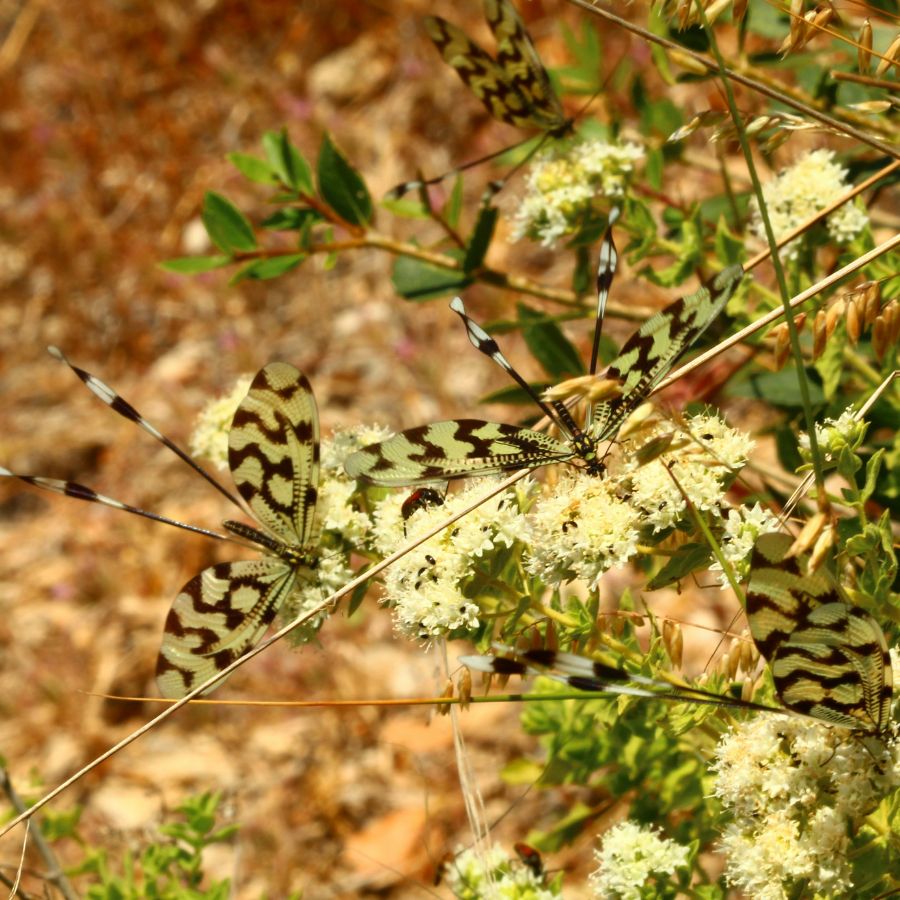Professional education can broaden your horizons personally and vocationally. We have a growing community of GDS-Academy graduates who have immersed themselves in the principles and practices of regenerative destination management through our flagship educational offering, the GDS-ICCA-CityDNA Certificate in Regenerative Destination Management, and our other courses. In the Awesome Alumni guest blog post series, we invite you to see their learning experience and its benefits through their eyes.

Written by Natalie Semley, Senior Lecturer in Sustainable Tourism Management, Falmouth University, and Certificate graduate.
Republished with Permission from the original on LinkedIn
“Regenerative Tourism: To My Understanding…”
“Regenerative tourism is often described as a practice that seeks to leave destinations in a better state than they were found (GSTC 2025). The term is used to describe how we can move beyond sustainability and re-think our approach towards developing tourism. This means we don’t just maintain the status quo (Gabel 2015) that is associated with a changing climate (i.e., sustainability), but we utilise our resources to improve society’s wellbeing in a way that builds capacity into the support systems needed for future growth (i.e., regenerative). Thus, delivering a ‘net positive benefit to people, places and nature’ (Dredge 2022) by building resilience into our social and ecological systems that allows a destination to sense and respond to change locally and regionally.
Regenerative tourism embraces sustainability (Teruel, 2018) within its framework, but it is also distinct from sustainable tourism. Some will claim the difference is in promoting positive impacts – but sustainability already champions that – the difference is more radical. It is about seeing the world as a living system, and not a machine. It is the next step for destination management, whereby industry is ‘inspired by nature, inclusive and circular by design’ (GDS-Academy 2024). Whereby we ‘restore and rejuvenate communities, their people and place rather than degrade or merely sustain conditions’ (GDS-Academy 2024).
But for destination managers what does this actually imply?
It implies that we change from a traditional (i.e., neoliberal) and sustainable tourism model, to a regenerative one (Becken & Kaur 2021) whereby our operations become place-based (i.e., change in scale), we see humans in nature (i.e., not above or around nature), and adopt a holistic systemic perspective. After all, tourism is merely a sub-system that functions within a much larger system of life.
The shift will require change. For some that is a change in focus of scale, in values and beliefs, and in solutions thinking – but for others it is merely the next step, as they have already adapted a different ideology (i.e., capitalist) when adopting sustainable practice (i.e., managerial) and now naturally want to support alternative business models and adapt and respond to change (i.e., regenerative).
By adopting the principles of regenerative development to destination management, it means that we can drive positive transformation for people and place by ‘sowing the seeds’ for long-term renewal (Dredge 2022). The operational framework offered by Visit Britain (see Visit Britain’s Regenerative Tourism Guide, PLANT), for example, means that regenerative tourism can now have practical relevance – and can create gains / relieve pains for tourism businesses. The goal being to ‘drive positive transformation for people and places’ (Visit Britain 2025) through 4 core pathways: People, Place, Partnerships, and Prosperity.
Furthermore, by seeing the world as a living system we can move from ‘me’ to ‘we’ and become ‘conscious co-creators of our future’ (Dredge 2022). We can invest in human development, we can collaborate within and between destinations, and we can develop a deeper appreciation for nature. We can do this by utilising the existing resources of place (i.e., culture, cultural capital), empowering people (Becken & Kaur 2021) through participation (i.e. telling stories), and we can form an identity for place that the community chooses to share with visitors. We can celebrate our imperfections, call people into our conversations, and we can do this because we wish to build capacity into our social and ecological systems. Why? To support future growth – in our place, within our people, and for our destinations.
A business can start their journey by focusing on the internal culture of the organisation, working with local partners to create a common vision, and co-creating with the community – in a way that ‘honours local life, their culture, their wishes’ (Teruel 2023). The impact being a stronger sense of belonging between you, your organisation, and your workforce. This will lead to more open conversations, collective actions, and creative solutions for everyone involved. It means you could be offering innovative and transformational experiences that will be forever remembered.
Just imagine…
“The combination of a beautiful destination with a flourishing ecosystem and great biodiversity whose community is happy to receive visitors; local suppliers that become partners; transformational and innovative experiences; excellent customer service provided by happy staff and happy local partners; shared responsibility; and new, exciting co-created projects will make your business, your local community and your destination blossom” (Teruel 2023).
About:
The principles of regenerative destination management were a central focus as I undertook the GDS-ICCA-CityDNA Certificate in Regenerative Destination Management in 2024. The course really made me rethink how we can mitigate our impacts (i.e., footprints) whilst amplifying our actions to make a positive impact on people and place (i.e., handprints). It confirmed the focus on participation for all (i.e., DEI) and offered useful tips and valuable insights about how we can empower our community and gain a social licence to act within a destination. This is vitally important, given the discontent raised with tourism communities from around the world (i.e., overtourism). So, if you would like to learn more about regenerative destination management, and explore how you can develop the mindset, skillset and toolset to create a place where people want to visit, meet people, and of course live within then consider joining the next intake in Spring 2025 – I can highly recommend the course and the incredible humans who join the cohort to learn together.”
Written by Natalie Semley, Senior Lecturer in Sustainable Tourism Management, Falmouth University, and Certificate graduate.
Republished with Permission from the original on LinkedIn
Learn how to manage destinations through regenerative business models, destination stewardship approaches, and stakeholder engagement methodologies. The next instance of the GDS-ICCA-CityDNA Certificate in Regenerative Destination Management begins 04 September 2025.



